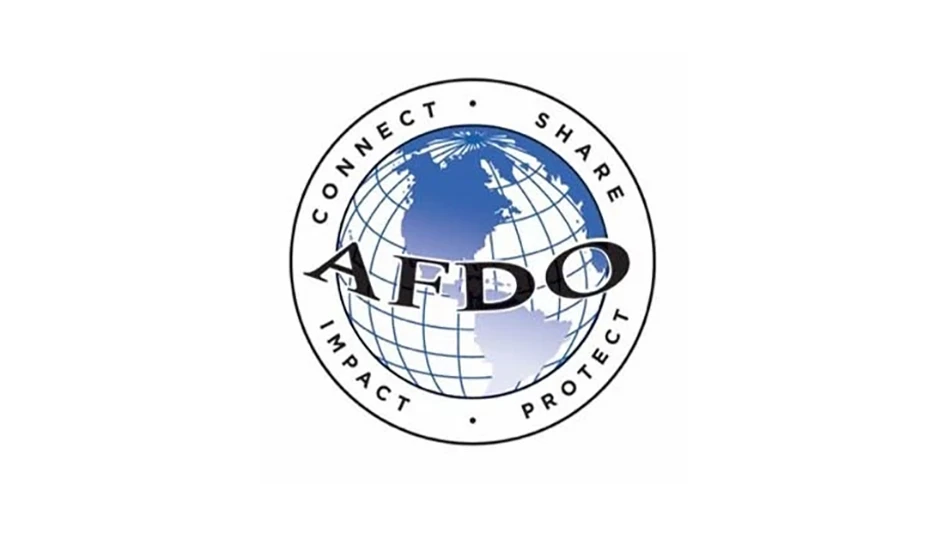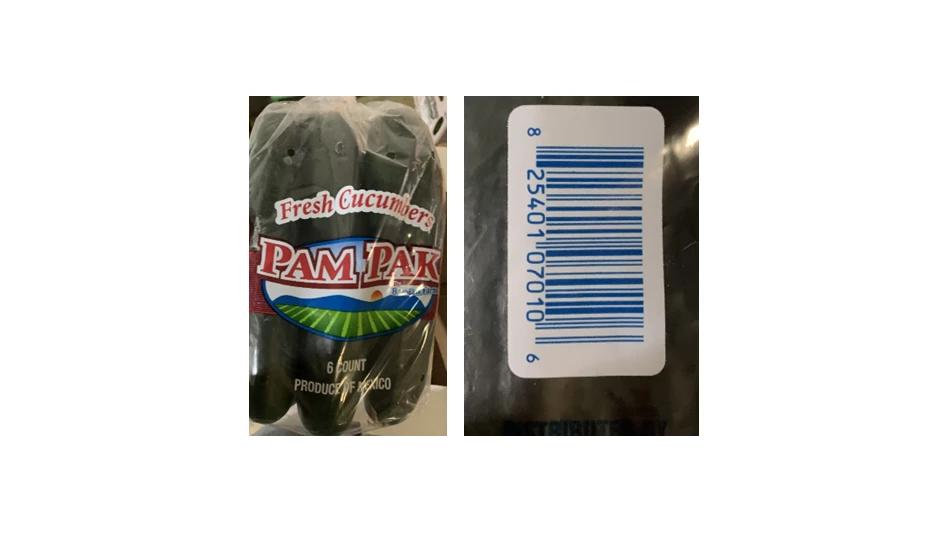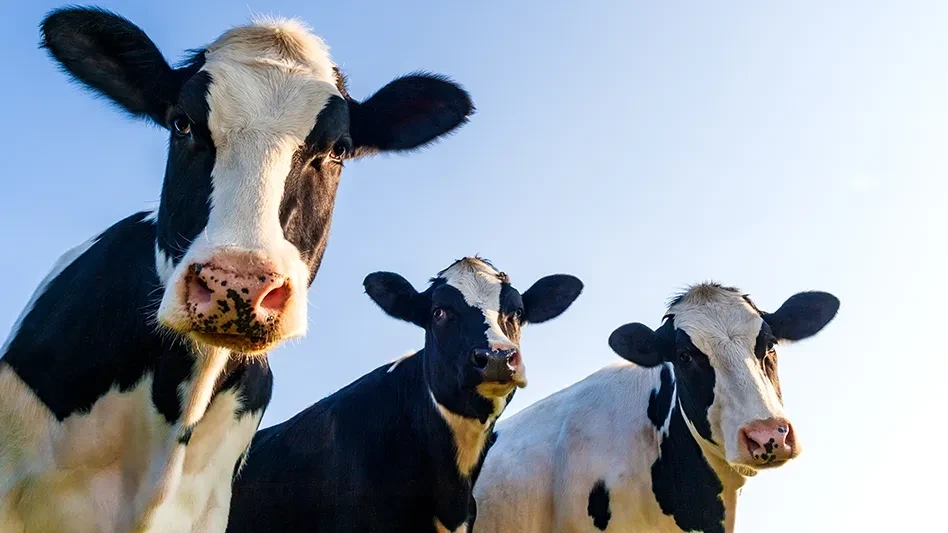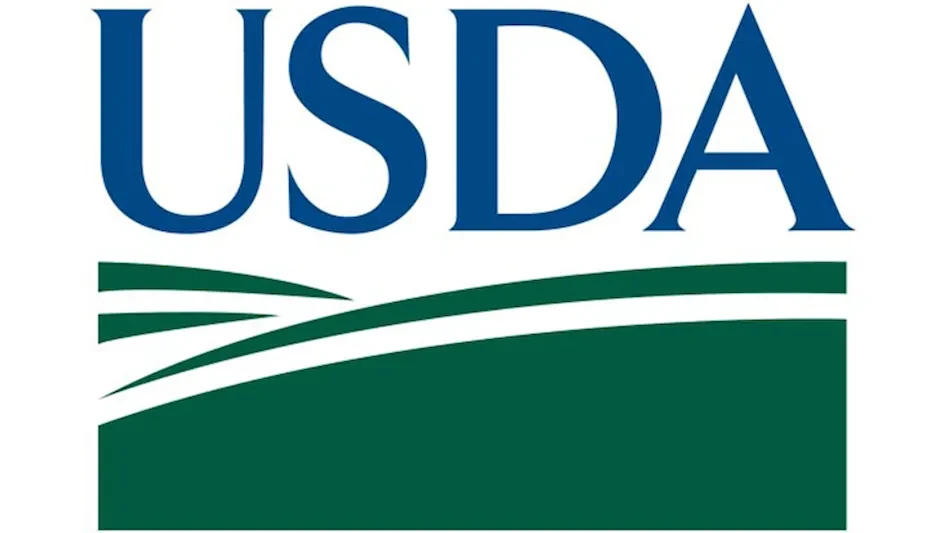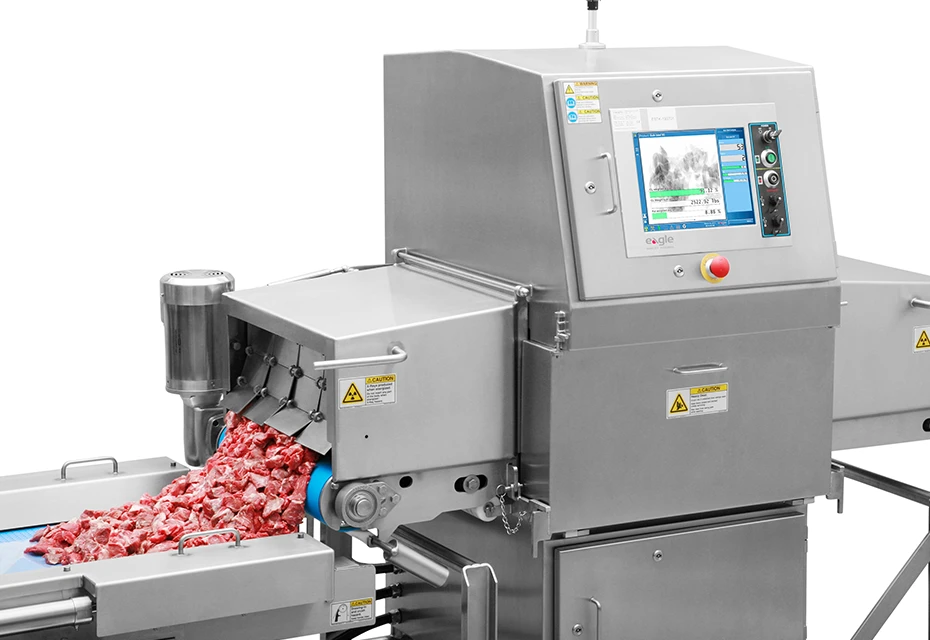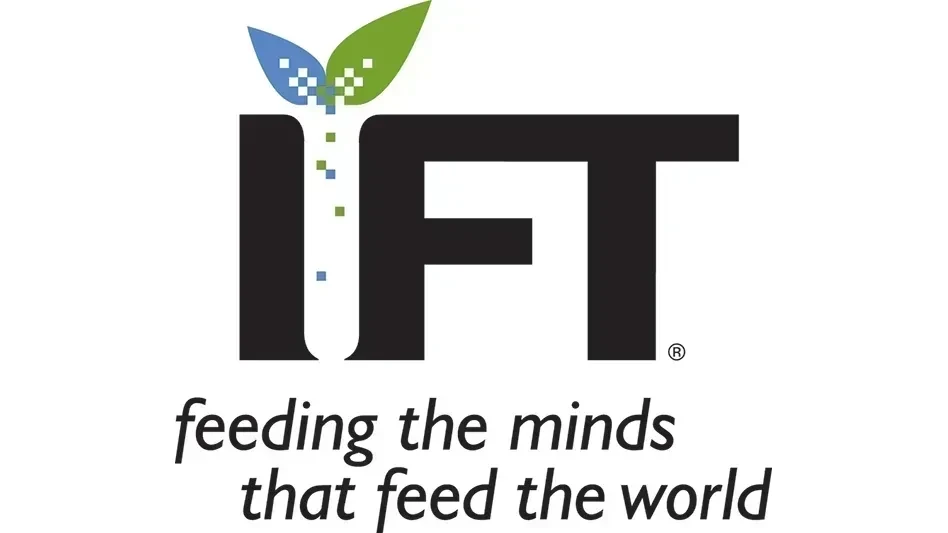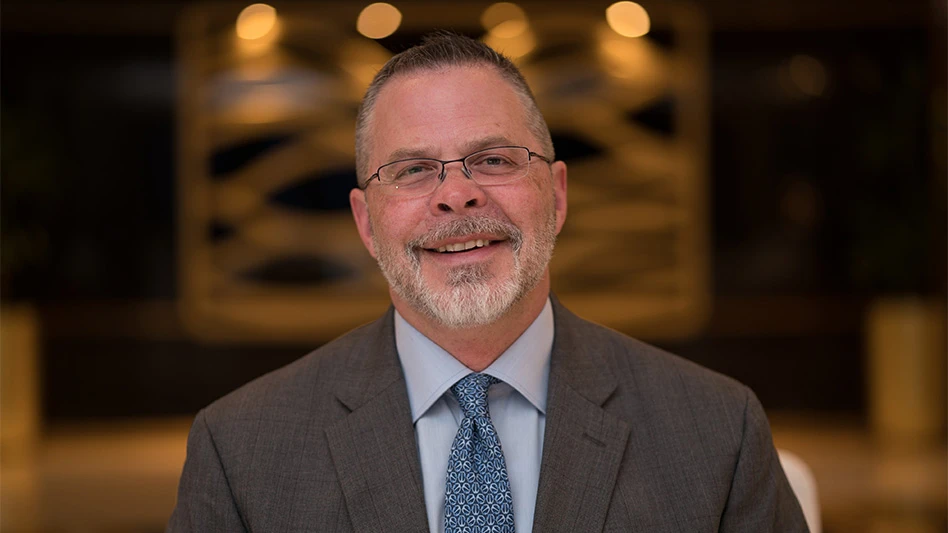
From scooping ice cream at Baskin-Robbins to flipping burgers at summer camp, Food and Drug Administration’s (FDA) Senior Science Advisor Tim Jackson said he’s learned valuable lessons from every job he’s had.
“When I talk to younger folks early in their careers, I say, ‘Don’t worry too much about the opportunities that you get, because you learn something from everything that you do,’” he said.
Jackson received his bachelor’s degree in biology from Abilene Christian University and his master’s and doctorate degrees from Texas A&M University. Before joining the FDA, he served as vice president of food safety, regulatory and social compliance for Driscoll’s in North and South Americas. He also headed the microbiology laboratories at the Nestlé Quality Assurance Laboratory for the U.S. and Canada, where he eventually served as director of food safety for North America.
Now, Jackson provides leadership and support for policy development, risk evaluation, compliance evaluation and prevention activities around the food products FDA oversees. He also supports programs in outbreak investigations to understand what is needed to prevent recurrence.
Jackson said much of what he’s learned is from having to problem solve situations with little information on the issue. This provides growth opportunities for himself and colleagues under his leadership, he said.
“A lot of times, we’re having to make a decision where we don’t have much information to help us to scope the action we need to take,” he said. “If [a company has] good data already in their food safety program, then they’ll have some information to make key decisions. A lot of times, they’re making decisions with limited information.”
Jackson sat down with QA to discuss cost-benefit challenges in the industry, his food safety leadership style and his hopes for the future of food safety.
Food safety and requirement programs cost money, and they are designed to avoid issues. It’s hard to calculate what costs you’re averting to implement programs to manage risk. All food companies that I’ve worked with have understood the importance of food safety. Everyone’s grandmothers, pets and children eat the products produced, but there’s a calculation on how much we spend and time we put into different solutions.
As a food safety manager, the challenge is to justify and quantify why certain programs are needed and how to make sure they’re used in a way that adds value. It’s important that we collaborate with peers, and trade associations play an important role in developing standards and best practices to give food safety managers something to point to. Likewise, academic experts provide support and data to justify decisions and validate programs or provide expert advice on the design of control measures.
What we all do makes a difference and is truly important. A lot of times, we’re communicating things that could be difficult to hear, or it’s bad news on a Friday afternoon. The steps we take to protect consumers and brands is really important. Sometimes we feel the pressure because we’re costing someone a lot of money or feel the pain on what they’re having to do, but people understand this is the importance of our job.
Leadership is most often through influencing and coaching. I can be a manager and give people assignments, but in food safety and quality, we need to influence organizations to come to the right answer or support what they need to do. That’s a skill set that needs to be learned through mentorship and trial and error. It also requires that we can explain the why behind what our decisions are.
Food safety for me means that consumers can eat food with confidence, and that it’s manufactured, distributed and prepared safely. People assume your product is safe, and they should assume that. This is why we have a robust regulatory system for food safety. But it also means that consumers understand that sometimes they have a role in handling food correctly.
We need to identify information gaps and develop solutions, but we need to do this collectively and as a community. We have stakeholders from a variety of sectors that are important in making sure food is safe, and if we don’t work together, we’re going to miss things. Food safety is not competitive, and everyone in the food safety sector is there to protect public health.
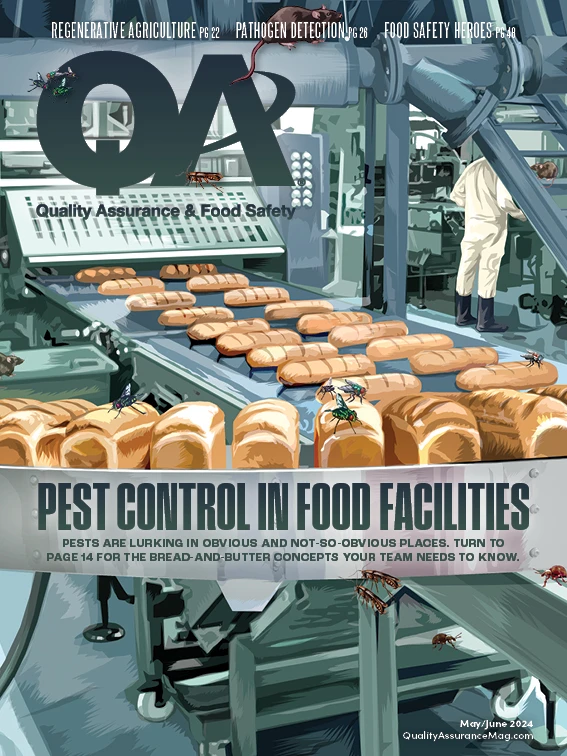
Explore the May/June 2024 Issue
Check out more from this issue and find your next story to read.
Latest from Quality Assurance & Food Safety
- IDFA Presents Leadership Award to Six Federal Officials at Annual Celebration of Dairy Reception
- Seeding The Future Global Food System Challenge is Changing Lives: Winners Reflections
- Raw Farm Products Recalled Following Bird Flu Virus Detections
- FDA Issues 2024 Voluntary National Retail Food Regulatory Program Standards
- GSA Launches Assurances Platform, Prism and Webinar Series in Partnership with Wholechain
- Multistate E. coli Outbreak Linked to Iceberg and Romaine Lettuce Blend
- FDA, USDA Seek Information About Food Date Labeling
- William Marler, Food Safety Advocate and Lawyer, Condemns Lack of Safety of U.S. Food Supply
